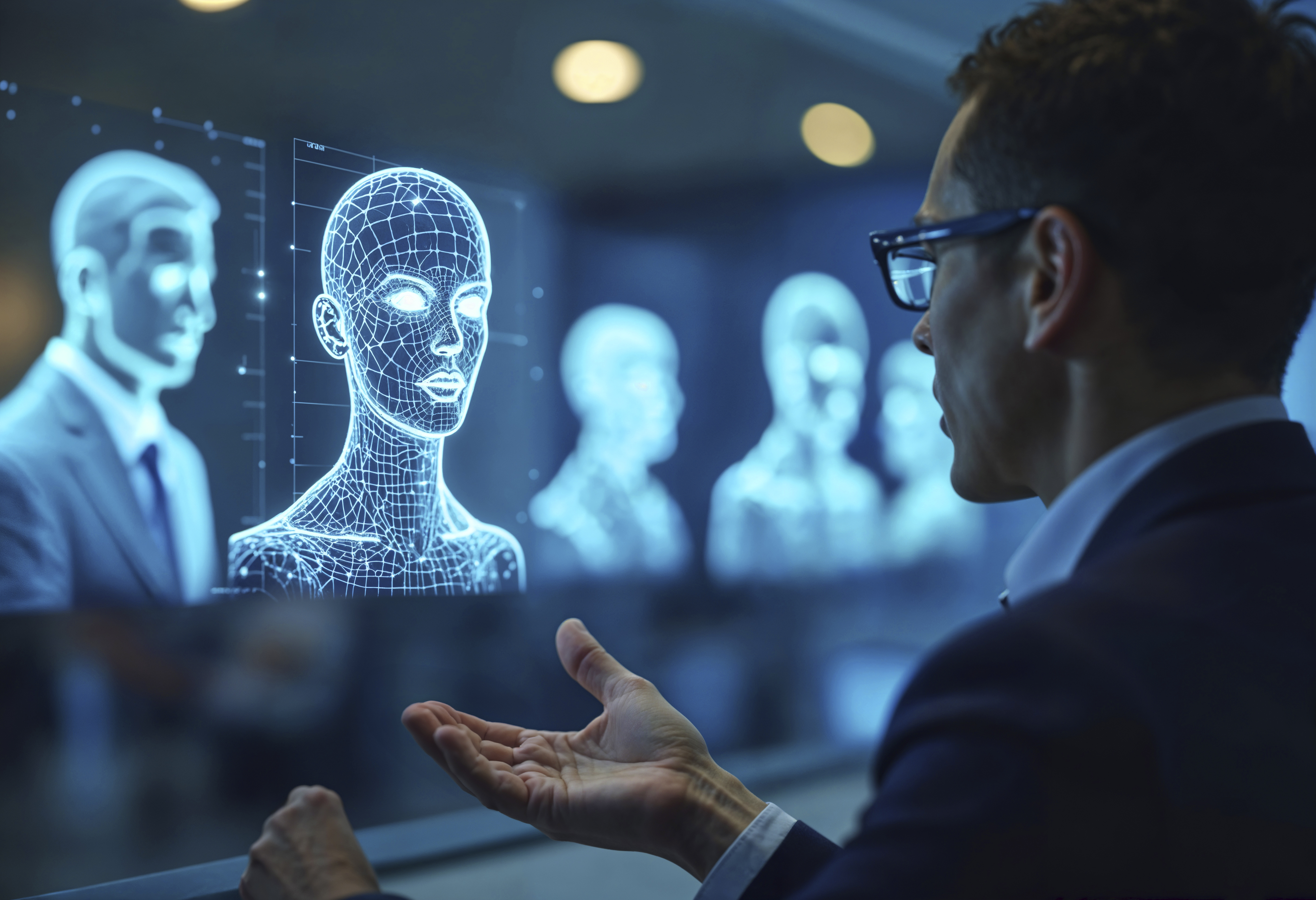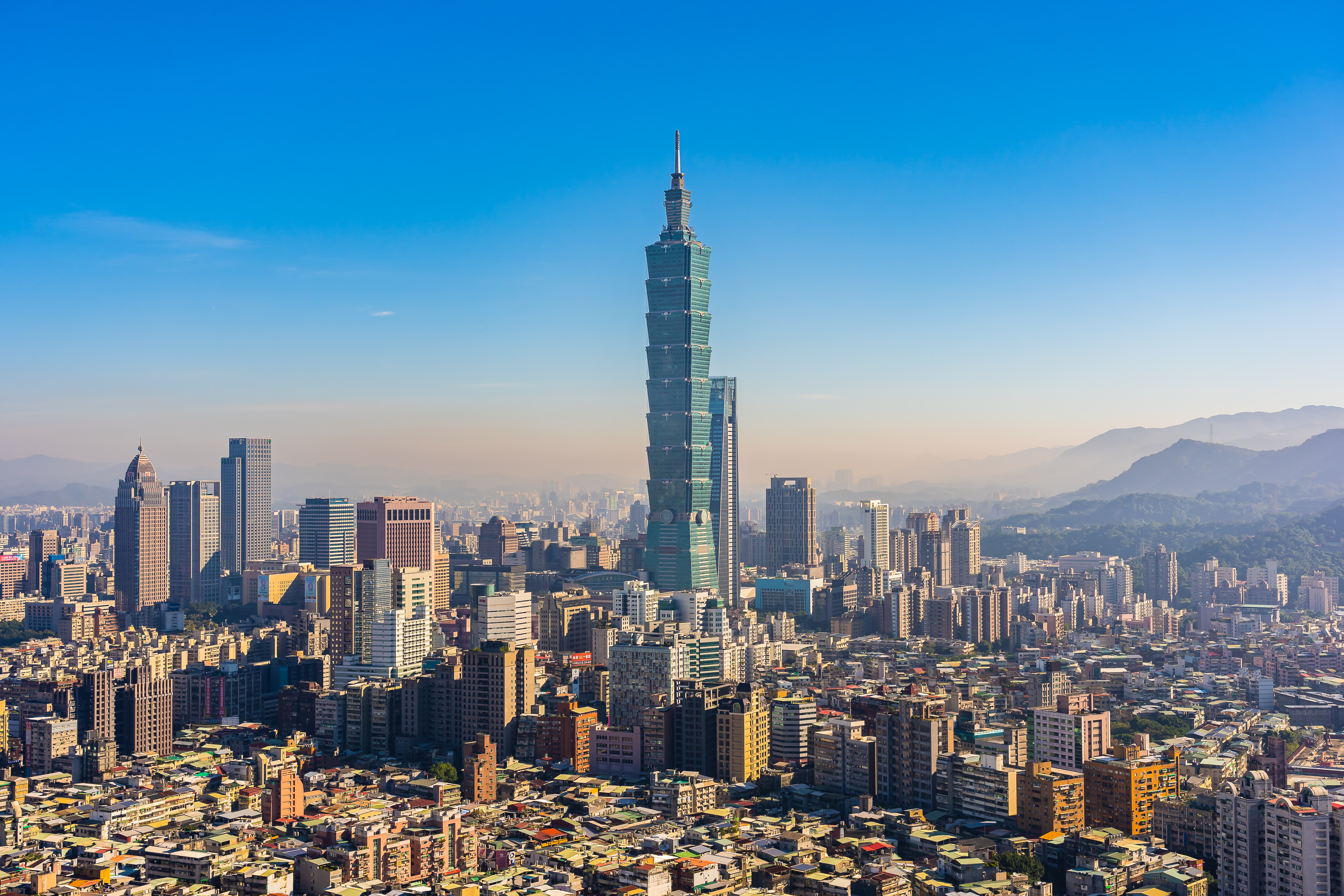Apple is set to release Q3 earnings on Thursday amid scrutiny over its Google search deal dependencies and ongoing struggles with AI progress.
Typically, Apple’s fiscal Q3 garners less investor attention, with anticipation focused instead on the upcoming iPhone launch in Q4. However, this quarter is proving to be anything but ordinary.
Analysts and shareholders alike are increasingly concerned about two looming threats: a potential $20 billion hit to Apple’s Services revenue tied to the US Department of Justice’s (DOJ) antitrust case against Google, and ongoing delays in Apple’s AI efforts.
Ahead of the earnings report, Apple shares were mostly unchanged, reflecting investor caution rather than enthusiasm. Apple’s most pressing challenge stems from its lucrative partnership with Google.
In 2022, Google paid Apple approximately $20 billion to remain the default search engine in the Safari browser and across Siri.
The exclusivity deal has formed a significant portion of Apple’s Services segment, which generated $78.1 billion in revenue that year, making Google’s contribution alone account for more than 25% of that figure.
However, a ruling expected next month from Judge Amit Mehta in the US District Court for the District of Columbia could threaten the entire arrangement. Mehta previously found Google guilty of operating an illegal monopoly in the search market.
The forthcoming ‘remedies’ ruling could force Google to end exclusive search deals, divest its Chrome browser, and provide data access to rivals. Should the DOJ’s proposed remedies stand and Google fails to overturn the ruling, Apple could lose a critical source of Services revenue.
According to Morgan Stanley’s Erik Woodring, Apple could see a 12% decline in its full-year 2027 earnings per share (EPS) if it pivots to less lucrative partnerships with alternative search engines.
The user experience may also deteriorate if customers can no longer set Google as their default option. A more radical scenario, Apple launching its search engine, could dent its 2024 EPS by as much as 20%, though analysts believe this outcome is the least likely.
Alongside regulatory threats, Apple is also facing growing doubts about its ability to compete in AI. Apple has not yet set a clear timeline for releasing an upgraded version of Siri, while rivals accelerate AI hiring and unveil new capabilities.
Bank of America analyst Wamsi Mohan noted this week that persistent delays undermine confidence in Apple’s ability to deliver innovation at the pace. ‘Apple’s ability to drive future growth depends on delivering new capabilities and products on time,’ he wrote to investors.
‘If deadlines keep slipping, that potentially delays revenue opportunities and gives competitors a larger window to attract customers.’
While Apple has teased upcoming AI features for future software updates, the lack of a commercial rollout or product roadmap has made investors uneasy, particularly as rivals like Microsoft, Google, and OpenAI continue to set the AI agenda.
Although Apple’s stock remained stable before Thursday’s earnings release, any indication of slowing services growth or missed AI milestones could shake investor confidence.
Analysts will be watching closely for commentary from CEO Tim Cook on how Apple plans to navigate regulatory risks and revive momentum in emerging technologies.
The company’s current crossroads is pivotal for the tech sector more broadly. Regulators are intensifying scrutiny on platform dominance, and AI innovation is fast becoming the new battleground for long-term growth.
As Apple attempts to defend its business model and rekindle its innovation edge, Thursday’s earnings update could serve as a bellwether for its direction in the post-iPhone era.
Would you like to learn more about AI, tech and digital diplomacy? If so, ask our Diplo chatbot!










